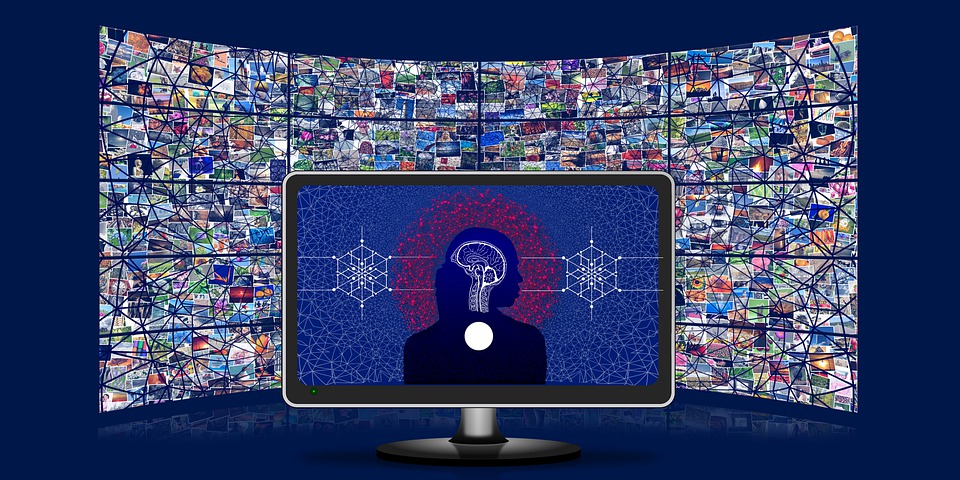February 27, 2023
The US Copyright Office Says You Can’t Copyright Midjourney AI-Generated Images
Book a Demo
In recent news, the US Copyright Office has withdrawn a midjourney AI-generated comic book copyright application. This decision has stirred up discussions in the tech world about the legalities of AI-generated content and its ownership. In this blog post, we’ll dive deeper into the reasons behind this decision and what it means for the future of AI-generated content.
The story begins with DaysTech.org reporting that the US Copyright Office had withdrawn an application for a midjourney AI-generated comic book. The applicant had claimed copyright ownership of the comic book, which was generated by an AI system while in the middle of its learning process. The Copyright Office rejected the application, stating that the applicant could not claim ownership of something that was not fixed in a tangible medium of expression.
This decision is in line with US copyright law, which states that copyright ownership can only be claimed for works that are fixed in a tangible medium of expression. In other words, copyright protection cannot be claimed for works that are still in the process of creation or that have not been fixed in a physical or digital format. The US Copyright Office’s decision reinforces this principle and clarifies that AI-generated content cannot be copyrighted while still in the process of creation.
The withdrawal of the midjourney AI-generated comic book copyright application has also sparked discussions about the ownership of AI-generated content. As AI becomes more advanced and capable of generating content that is increasingly indistinguishable from that produced by humans, questions arise about who owns the copyright to AI-generated works. If a machine generates a piece of content, who owns the copyright? Is it the creator of the AI system, the person who trained the system, or the machine itself?
Currently, the answer to these questions is not clear, and legal frameworks around AI-generated content are still in their infancy. However, the US Copyright Office’s decision provides some clarity on the matter by affirming that copyright owners can only be claimed for works that are fixed in a tangible medium of expression.
The US Copyright Office’s decision to withdraw the midjourney AI-generated comic book copyright application is a reminder that copyright protection can only be claimed for works that are fixed in a tangible medium of expression. As AI continues to advance, it is important for legal frameworks to catch up and provide clarity on the ownership of AI-generated content. While the legal landscape around AI-generated content is still evolving, this decision provides a step toward clarifying ownership and copyright protection in the age of AI.



